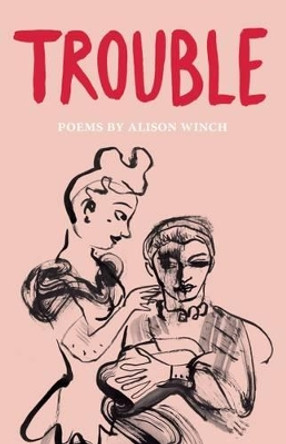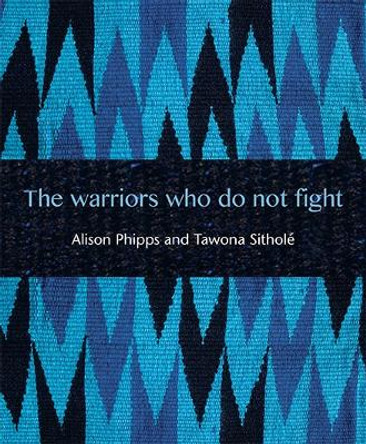Description
The Me Too movement, started by Black feminist Tarana Burke in 2006, went viral as a hashtag eleven years later after a tweet by white actor Alyssa Milano. Mainstream movements like #MeToo have often built on and co-opted the work of women of colour, while refusing to learn from them or centre their concerns. Far too often, the message is not 'Me, Too' but 'Me, Not You'. Alison Phipps argues that this is not just a lack of solidarity. Privileged white women also sacrifice more marginalised people to achieve their aims, or even define them as enemies when they get in the way.
Me, not you argues that the mainstream movement against sexual violence expresses a political whiteness that both reflects its demographics and limits its revolutionary potential. Privileged white women use their traumatic experiences to create media outrage, while relying on state power and bureaucracy to purge 'bad men' from elite institutions with little concern for where they might appear next. In their attacks on sex workers and trans people, the more reactionary branches of this feminist movement play into the hands of the resurgent far-right.
About the Author
Alison Phipps has been a scholar-activist in the movement against sexual violence for the past fifteen years. She co-authored the groundbreaking National Union of Students report, That's What She Said, and has written for many publications including the Guardian, Open Democracy and Times Higher Education. She is currently Professor of Gender Studies at the University of Sussex.
Reviews
'This is a necessary and vital addition to feminist texts. Alison Phipps has done exactly what women of colour wish we saw more of during these days of #NotAllWhiteWomen. She has looked white feminism and political whiteness in the eyes and delivered a much-needed reckoning. It is exhausting to both fight political whiteness and explain to white women what that whiteness is, how it benefits them and why the status quo must end if we are all to be free. This is a book I will be carrying everywhere, eager to share, excited to have Phipps' words fighting alongside me.'
Mona Eltahawy, author of The Seven Necessary Sins For Women and Girls
'Paints a cohesive and alarming picture of sexual violence activism today.'
Textual Practice
'Me, not you is an essential book for this historical moment. Phipps adds to the growing consideration of "carceral feminisms" by writing an accessible text that addresses how white women can enact violence while organising to end sexual violence. I was particularly interested in the book's theorisation of "political whiteness," a concept that owes much to the work of Black feminist scholars and activists. Me, not you uplifts this lineage and offers more food for thought. For anyone interested in anti-violence, anti-racism, and anti-criminalisation organising, this book is required reading. I'll be coming back to it often.'
Mariame Kaba, organiser, educator and founder of Project NIA
Timely is a tired trope for a book recommendation, but if you wanted to capture the solidarity, backlash, and politics of feminism in 2020 Alison Phipps' Me Not You would be an excellent place to start. Phipps is upfront with her aims for the book - this is a book about mainstream feminism aimed at white people. This is the book I will give to those who still don't get it and keep next to me for when I forget it.
The Sociological Review
This book is very relevant to feminism now. The carefully considered research and representation of Phipps provides a way for white feminists to understand the long history and complexity of current public debates surrounding race, gender and, at times, sexuality.
LIMINA, a journal of historical and cultural studies.
' Me, Not You is essential reading for white women everywhere.'
the F word
Book Information
ISBN 9781526155801
Author Alison Phipps
Format Paperback
Page Count 240
Imprint Manchester University Press
Publisher Manchester University Press
Dimensions(mm) 198mm * 129mm * 13mm


![Me, Not You: The Trouble with Mainstream Feminism by Alison Phipps 9781526147172 [USED COPY] Me, Not You: The Trouble with Mainstream Feminism by Alison Phipps 9781526147172 [USED COPY]](https://cdn11.bigcommerce.com/s-zkx5lhzlf8/images/stencil/444x444/products/5854316/5931374/9781526147172__61408.1728615053.jpg?c=1)







